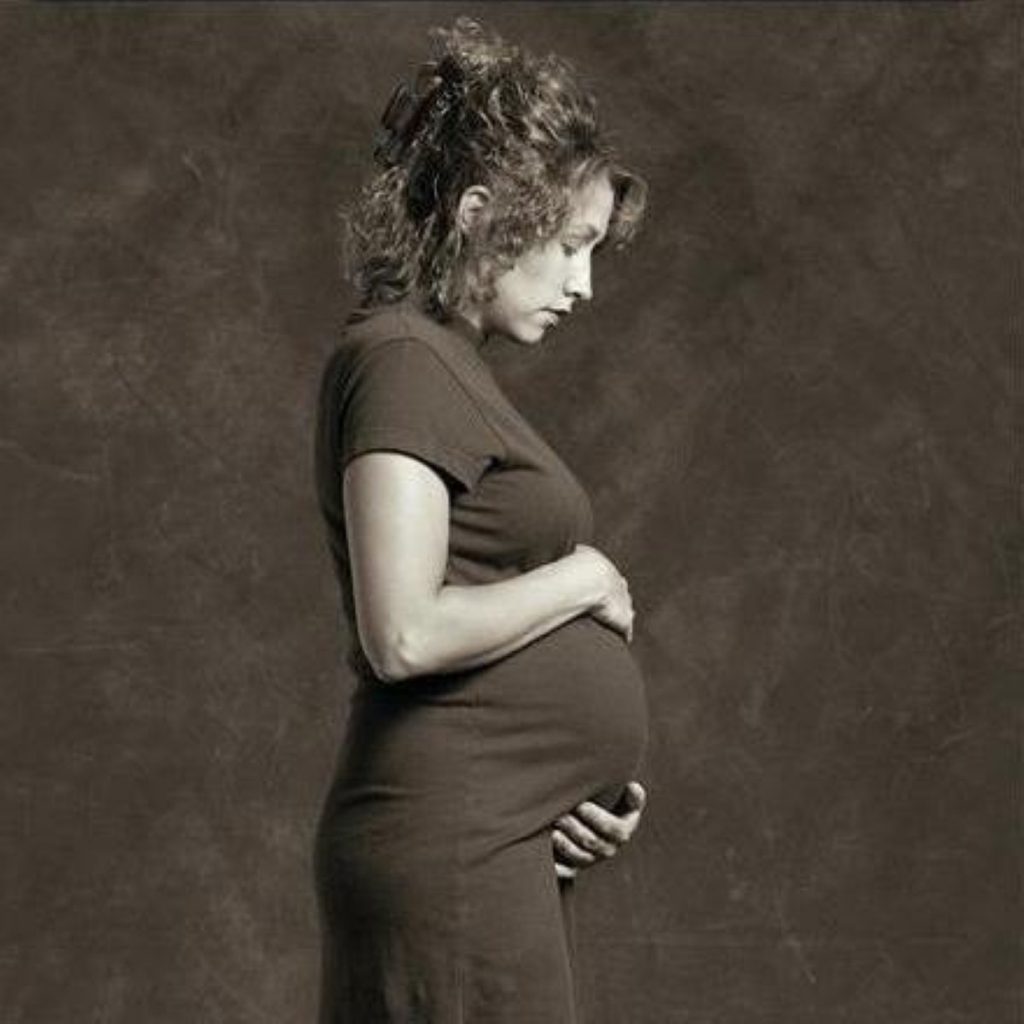Tories: Maternity units ‘overburdened’
More than two in five hospital trusts had to turn away women in labour from the maternity services last year because they were full, the Conservatives have claimed.
The findings come as the Tories increase their opposition to the government’s plans to close many smaller maternity units.
The figures, obtained under the Freedom of Information Act, show that 42 per cent of maternity units were unable to accept every women in labour.
Nearly one in ten trusts reported closing more than ten times, with one trust closing 39 times and another trust 28 times.


Shadow health secretary Andrew Lansley said: “The government’s plans to close maternity units when services are already overstretched fly in the face of common sense.
“Labour are fixated with cutting smaller, local maternity services and concentrating them in big units.
“But women don’t want to have to travel miles to give birth. And they certainly don’t want to have to travel even further because they’re turned away by the hospital of their choice.”
He added: “Conservatives are committed to supporting smaller maternity units because the evidence shows they do better.”
The Department of Health argued such refusals would occasionally be unavoidable because of the difficulty in planning for births.
A department spokesman said: “It is difficult to precisely predict when a mother will go into labour and sometimes, at times of peak demand, maternity units do temporarily divert women to nearby facilities.
“When this does happen it is often only for a few hours and to ensure mother and baby can receive the best care possible.”
However, critics argue the government has been caught out by an unexpected rise in birth rates.
The Conservatives claim large maternity units, of the type promoted by the government, closed more often; of the trusts that closed nearly three-quarters had more than 3,000 births last year.
Of the trusts that did not close, 45 per cent had less than 3,000 births last year.
According to the figures, two trusts which are set to concentrate services at one centre, downgrading another, experienced significant capacity problems last year.
Richard Warren, honoury secretary of the Royal College of Obstetricians and Gynaecologists, commented: “It is imperative to ensure that maternity units are appropriately staffed and resourced to meet the demands that the service requires.
“Safety and quality of care are paramount and although the UK is a safe place to give birth, growing pressures require long-term investment. Our current calculation is that 400 extra consultants are immediately required across England and Wales.”

